While we may have all heard of the term “unconditional love” almost often used to depict everlasting love stories on our screens, we’re hardly ever introduced to the concept of conditional love. Conditional love as the name describes it, exists to fulfil certain conditions to grant love. One partner can only love another if they complete a specific role, task or sometimes, just make them feel a familiar feeling.
Love is a complicated multiplexed emotion that can be incredibly hard to decipher at times. Now that we think about it, how many times have we been caught up in conditional love in a relationship or conditional love in a marriage? Are we unconsciously placing prerequisites on our partners that we absolutely cannot do without, maybe to satisfy a deep need inside us?
What Does Conditional Love Mean?
Table of Contents
“Conditional love is not love” is said by a lot of people, but how true is this statement?
Conditional love meaning is merely a type of love based on conditions. If certain actions occur, only then love is earned or given. While practising conditional love can create several complicated consequences, let’s try to better understand conditional love in a relationship with the help of some examples of conditional love.
- “Child, I will be very happy and proud of you but only if you win the championship trophy”
- “You know I can only be with you truly with all my heart if you buy me a ring and our own house”
- “Either leave me or stop behaving like this, you’re embarrassing me”
- “I will consider you my son only if you run my business”
- “You know I’d like you better if you didn’t talk so much all the time”
- “I’ll believe you really love me if you just send me a sexy picture”
Related Reading: 8 Relationship Problems You Can Face If You Had Toxic Parents
When a person is made to feel that they have to cross a specific checkpoint or hurdle to receiving love and acknowledgement, conditional love is at play, existing in not only couples’ relationships but also in parents and children, siblings, etc.
Safe to say love is conditional but conditional love can be too constricted, and can often seem transactional, superficial, cruel and controlling. It can cause a lot of pain, stress and a perplexed state of emotions, especially for the partner who is conditionally loved.
But then again, for every relationship, the individuals differ and so does their bond. While conditional love in some scenarios could work like a charm, for others, sometimes laying down conditions could help. But sometimes it could be a deal-breaker or a big source of trauma depending upon what the condition is.
Before moving on to the questionable signs that you are in conditional love, let’s first define unconditional love.
What Does Unconditional Love Mean?
What is unconditional love but to love unconditionally and provide thriving support through thick and thin with a clear sense of the idea of the person you love? A sense of acceptance of their strengths and flaws and loving all parts of them without any conditions, without any ifs or buts, just boundless love that doesn’t need to be chased or conquered. Unconditional love is selfless, it is offered freely.
While unconditional love is what we should strive to achieve for ourselves, it can be tricky when it comes to other people. Unconditional love for the wrong person can also bring a lot of pain and confusion if not balanced with healthy boundaries.
10 Red Flags Of Conditional Love
Now that we’ve learned about the definition of a conditional love relationship, let’s try to pinpoint how problematic these can become for one or both partners. These are the signs of conditional love in a relationship.
While so many of us do indeed have deal-breakers or red flags that we just cannot ignore and communicate to our partners as the relationship flourishes. It can be hard to understand what this means, does it do more harm than good?
Related Reading: How To Watch Out For The Relationship Red Flags – Expert Tells You
Though communication is a major factor that influences the trajectory of a relationship, how far does it have to go before it turns into a conditional love relationship?
The red flags of a conditional love relationship are as follows:
1. You’re not doing well mentally
You have been struggling alone for a while and you don’t know how to behave in a relationship. You stick to the extremes, becoming either too distant or too clingy, with high expectations from your partner especially to “save you” yet this ideal itself doesn’t exist. Codependency can be a relationship killer. Your partner can not change your mental health, only you can do that.
2. Your partner is highly judgmental
You find it hard to share your honest ideas and opinions in front of your partner for fear of their backlash or hurtful words. You always feel like you have to fit into a certain label or category according to them or that your opinions don’t hold any value. You’re scared they actually judge you and say things about you behind their back.

3. Your partner keeps points
It is futile to argue about several different encounters of “I did this for you” and “I told you so”. Being stuck playing the blame game isn’t going to solve the problem. Getting to the root and discussing how you can come up with solutions for both of you is essential.
4. You’re insecure
You don’t trust your partner and tend to project your insecurity onto them. You try to control their behaviour, damaging your own relationship as well as your partner who is trying to do right by you.
Related Reading: Relationship Insecurity – Meaning, Signs And Effects
5. Your partner sees you as an escape
You see the relationship as an escape from a world full of problems that you’d rather run away from. For example, you put high pressure on them to manage their time and life according to your lifestyle, or your partner expects you to buy their love with expensive gifts and treasures.
6. You’re a perfectionist
You have such a hard time letting go of the idea of a perfect relationship that you end up paying more attention to the trivial conditions and particulars while losing out on shared time and care, which is what makes a relationship worthwhile. You have a hard time giving up on the idea of perfection in order to follow a more well-balanced route toward a relationship with both positives and flaws. You invisibly hold the reins in every aspect of decisions and discussions.
7. You’ll never be good enough
With each discussion and argument, they pinpoint how you’ll never measure up, how you’re always lacking and they never acknowledge the good part, always relying on the negativity and what’s missing. You are constantly worried and stressed out and, in turn, inside you, self-doubt manifests. You are loved only in circumstances when you have proved yourself.
8. You cannot openly communicate with each other
While one partner demands conditions for their love, the other isn’t able to communicate how they really feel and accept whatever is said by the other, whether out of fear or avoidance. It is important for both partners to be open to communication or the relationship won’t last.
Related Reading: 11 Ways To Improve Communication In Relationships
9. You don’t know how to maturely handle conflict
Maybe you grew up around adults who never learned the art of constructive criticism. They didn’t have the emotional intelligence or patience to gather their thoughts and respond rather carefully and you do the same. You either get triggered and end up shouting angrily or crying or instinctively shutting down. You hardly even realize that there are better ways of handling it where all parties feel validated and acknowledged.
10. Your partner doesn’t support you as much as you do them
Your partner always expects you to be the emotional and moral support provider yet they aren’t there for you when you need them. This is mostly the case between an empath with low self-esteem and a narcissist in a relationship. Narcissists lack empathy.
Conditional Love VS Unconditional Love
Now that we know what is unconditional love and conditional love, let’s take a look at the key differences between conditional and unconditional love:
1. Dependency on conditions
The major difference between conditional and unconditional love is the existence of ‘ifs’ and ‘no matter what’s. While conditional love often includes conditions and requirements for the willingness to love. There is always a prerequisite ‘if these conditions are met.’ Meanwhile, unconditional love is free of such requirements, one partner will continue to love the other ‘no matter what’ freely without any conditions.
2. Trust and stability
When it comes to unconditional love, both partners feel much more reliable and stable in their relationship as they can speak to each other freely without any prerequisites or conditions, making them stay more in touch with each other without any fears. On the other hand, conditional love makes one partner more stressed out and fearful of the other’s reactions because they worry that if they cannot decipher the conditions and fulfil them, the consequences can be ugly. This fear in the relationship can lead to increased insecurities and instability for both partners.
3. Theory of love

The triangular theory of love was developed by Robert Sternberg, in the context of personal relationships. The three components of love, according to the triangular theory, are an intimacy component, a passion component, and a decision/commitment component. All three components of intimacy, commitment and passion are found in unconditional love yet conditional love may only have passion or intimacy or a mixture of both.
4. Satisfaction and acceptance
Unconditional love has a level of acceptance that can’t be matched by conditional love. One partner accepts the other with the full understanding of their abilities, trauma and drawbacks, yet loves and supports them through it all. Both partners in this relationship feel more fulfilled and secure. In conditional love, satisfaction is granted if the conditions and expectations of a partner have been met which is not possible all the time. Acceptance here is subjugated by imbalance.
Related Reading: 10 Must-Follow Healthy Relationship Boundaries
5. Conflict between partners
Handling arguments and disagreements in conditional love is a stark contrast to unconditional love. In unconditional love, partners may argue but always for the sake of maintaining the relationship. On the other hand, conditional love arguments could end up harming the relationship more as partners are pitted against each other rather than finding a solution jointly. Having robust conflict resolution strategies is essential for the survival of the relationship.
6. Open perspectives and rigidity
Partners in unconditional love are flexible and open to newer perspectives they may not have even thought about earlier. Such relationships are focused on mutual acceptance, openness and a ‘we’ mentality. Partners are able to speak clearly about their problems and worries. In conditional love, the story is definitely different. Partners are much more closed off and often maintain a certain distance. They don’t want to dwell on topics that might cause a fight out of fear or because of preconceived notions. The walls are up and authentic conversation is missing.
Related Reading: 10 Signs Of A Healthy Relationship
Unconditional love definition and conditional love meaning both have been touched upon. While both conditional and unconditional love holds their respective advantages and disadvantages, a wholesome mix of the two is the best recipe for a well-balanced healthy relationship.
Like the story of a person who realizes love isn’t about the grand gestures, it is about the commitment you make together every day. That’s where unconditional love meets conditional love.
FAQs
Conditional love in relationships is cast in quite a bad light because one partner has conditions they want fulfilled to start or continue to love their partner. Loving conditionally helps us retain our individuality and self-respect, and helps us accept our self-fulfilment needs to an extent that it doesn’t hurt our partner. Conditional love isn’t bad as long as you combine it with healthy unconditional love. There are no perfect relationships.
Your partner loves you unconditionally if they:
1. Prioritize your needs
2. Don’t expect much in return
3. Are a good listener
4. Are willing to change
5. Love your authentic self
6. Forgive your mistakes
They love you completely without any restrictions. They see you for who you really are. Whether you’re looking your best or worst, they respect, encourage, support and love you no matter what!
Toxic conditional love rips apart relationships with devastating results for both parties, especially the partner dealing with the toxic conditions. When your relationship has more downfalls than happy times and love seems to be diminishing, when your partner is demanding and doesn’t consider your feelings in the process, when they are downright abusive or neglectful, your relationship might be centred around toxic conditional love.
7 Reasons Why Narcissists Can’t Maintain Intimate Relationships
Your contribution does not constitute a charitable donation. It will allow Bonobology to continue bringing you new and up-to-date information in our pursuit of helping anyone in the world to learn how to do anything.



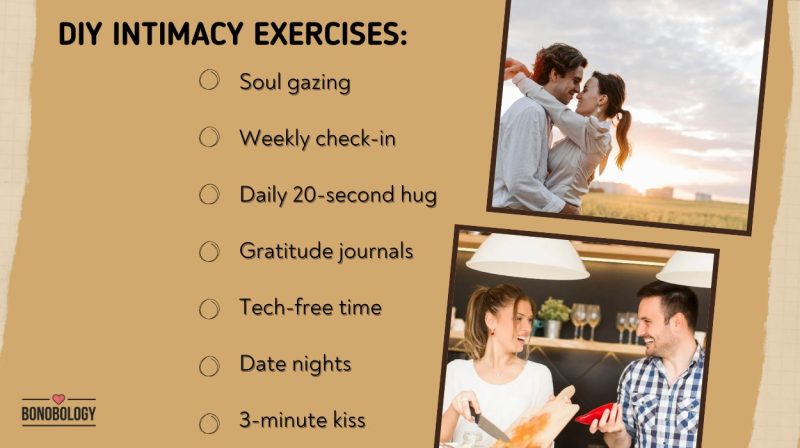

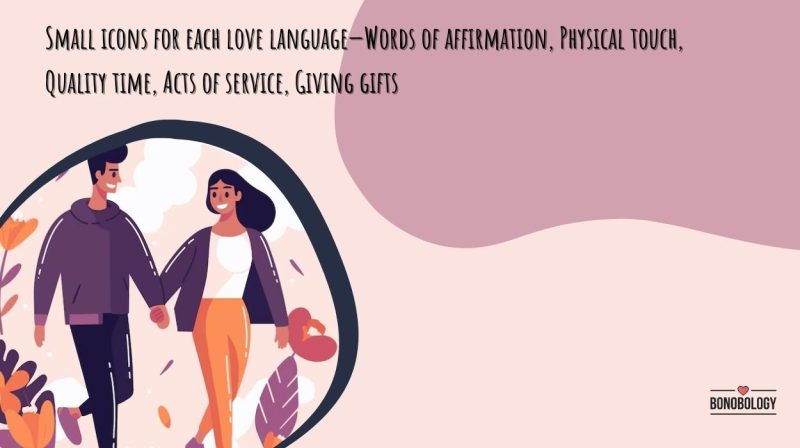

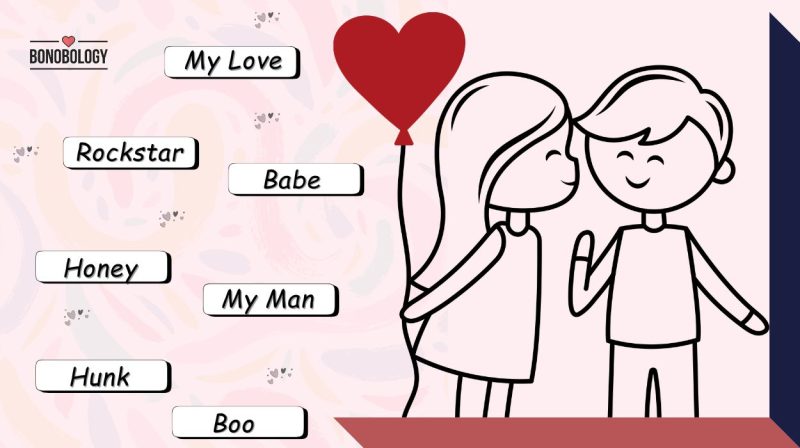

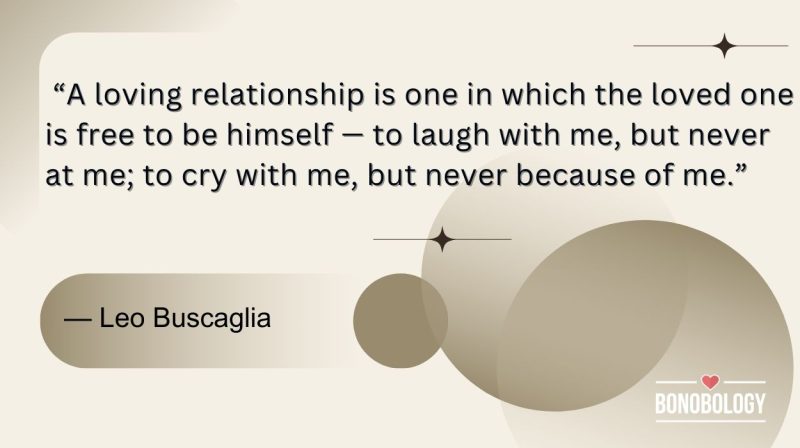
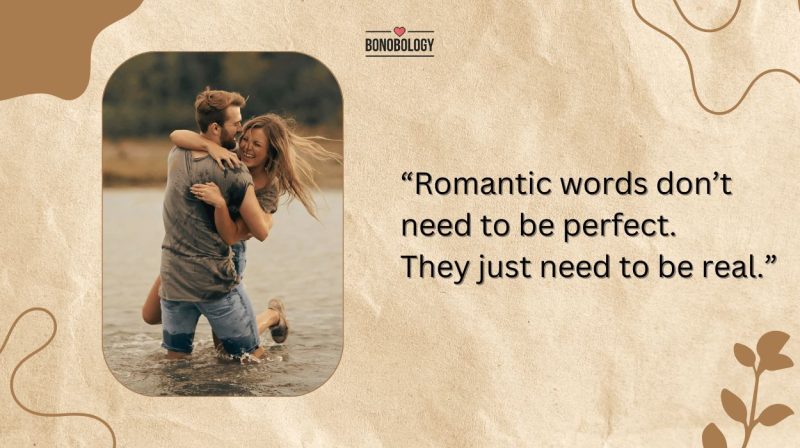
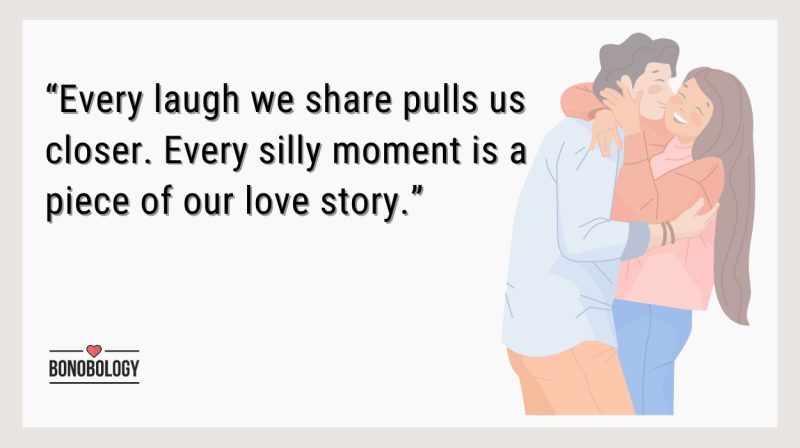
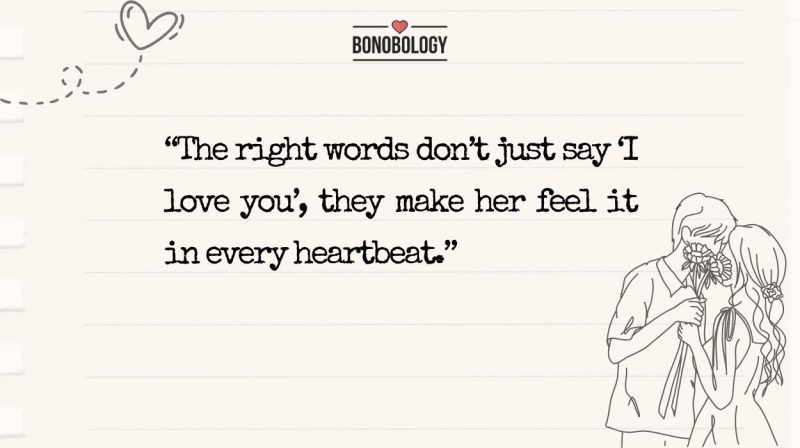
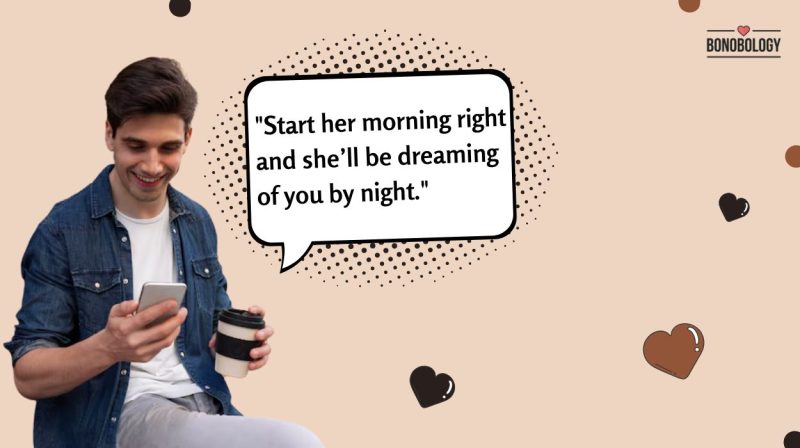

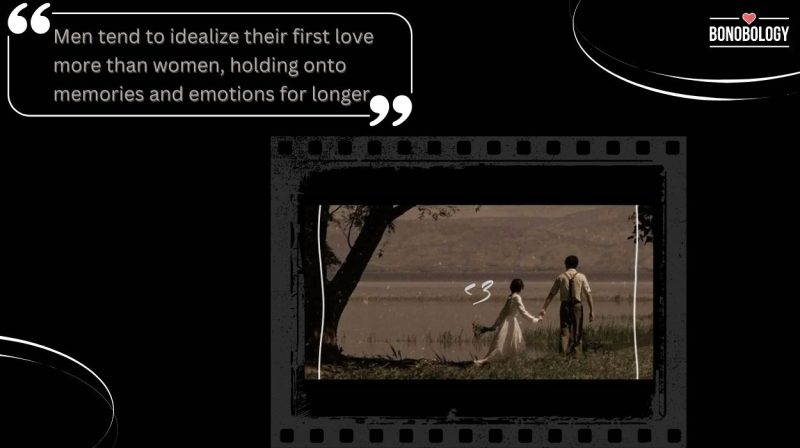

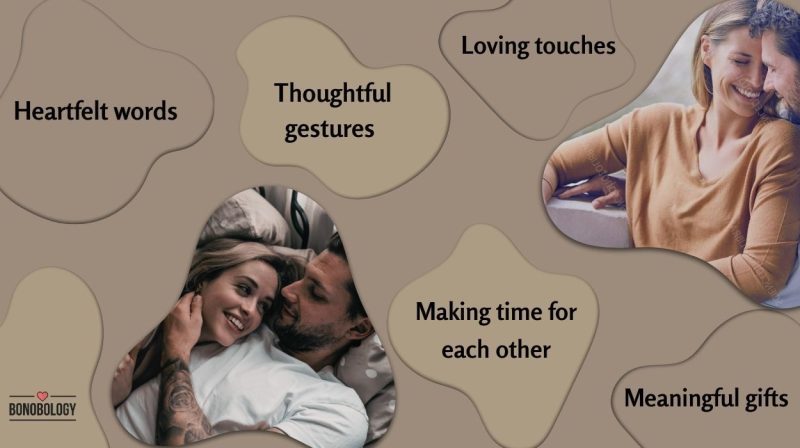
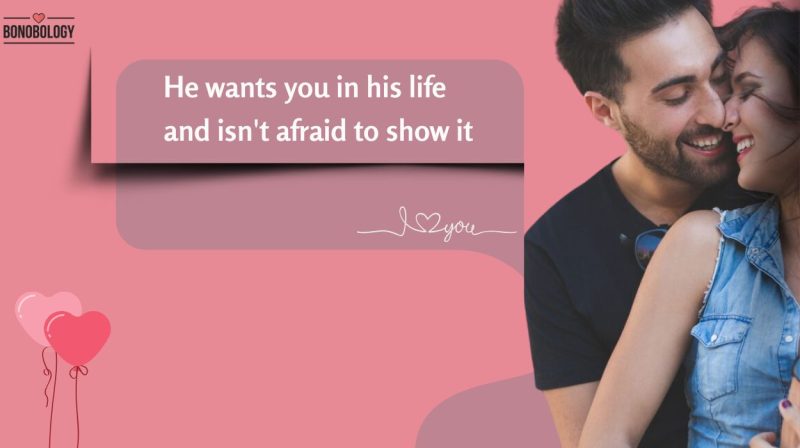
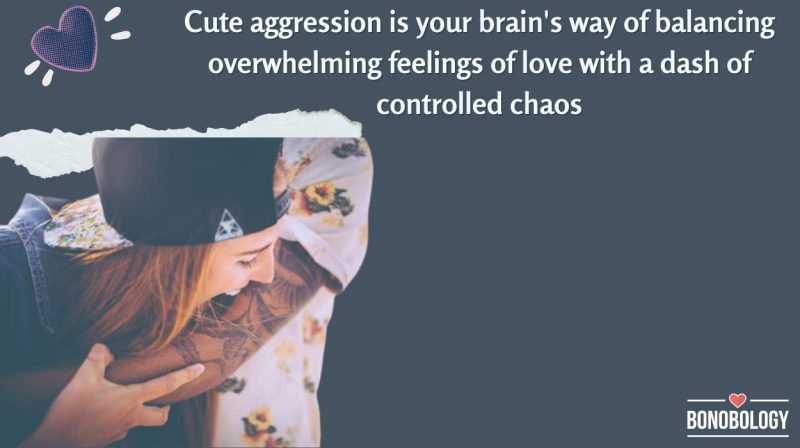
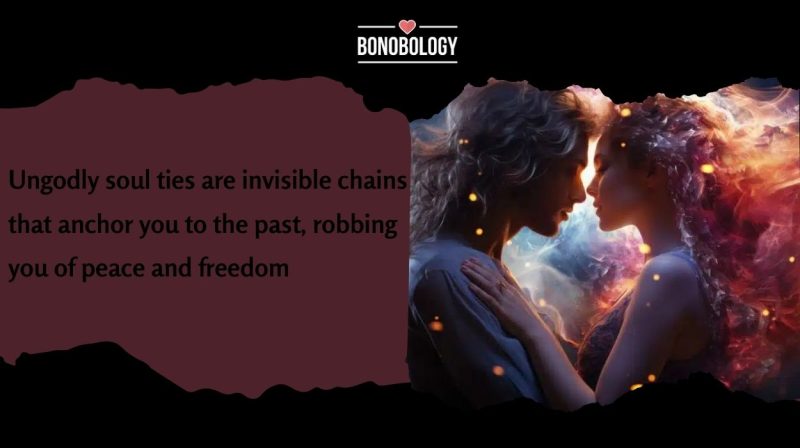

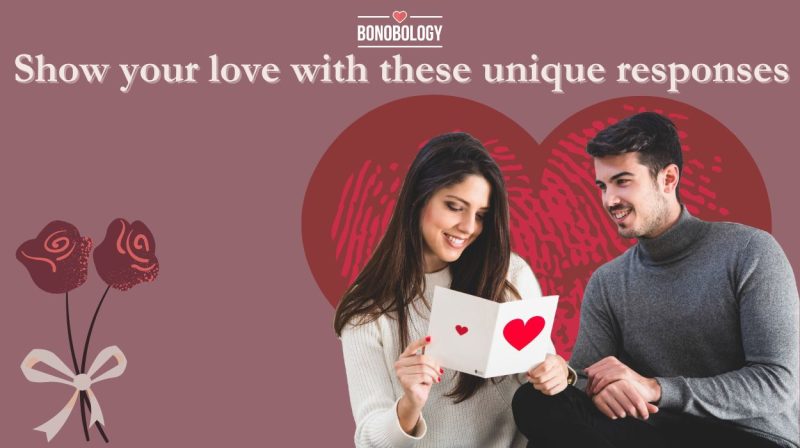
Featured
Intimacy Therapy At Home: 15 Marriage Intimacy Exercises
How To Build Trust In A Relationship: Effective Strategies For A Lasting Bond
How To Find Your Love Language: Discover What Makes You Feel Loved
Love Songs For Him: The Ultimate Guide To Expressing Your Heart
What Do Guys Like To Be Called By Their Partners? These 20 Names
25 Signs A Guy Is Attracted To You, According To Dating Experts
What Is A Real Relationship? 13 Defining Characteristics
130 Beautiful Things to Say About Your Wife
101 Silly Questions To Ask Your Partner For Fun, Laughter, And Bonding
200 Heart Touching Love Messages For Her
100 Good Morning Messages to Make Her Fall in Love
100 Good Morning Texts To Make Him Fall In Love
First Love Theory: Is It True Men Never Forget Their First?
Looking For Words To Make Her Trust You? 300 Ideas
What Is Affection In A Relationship And How To Show It
21 Undeniable Signs A Guy Is Claiming You
Why Do I Want To Bite My Boyfriend? The Psychology Behind It
Ungodly Soul Ties Keeping You Stuck? Learn How To Break Them
How To Feel Confident During Your First Sex Experience
200+ Creative Responses To “I Love You”